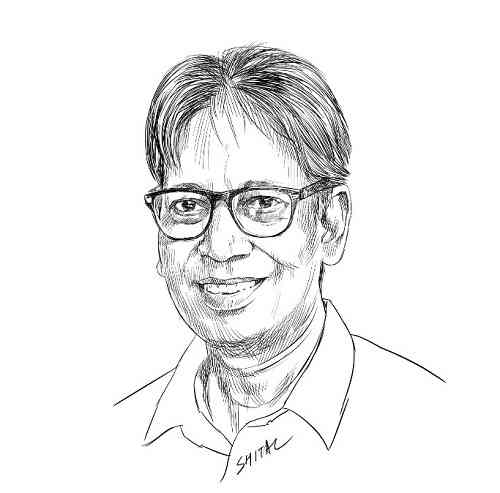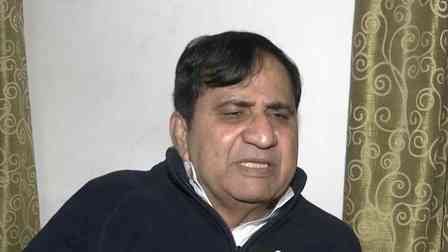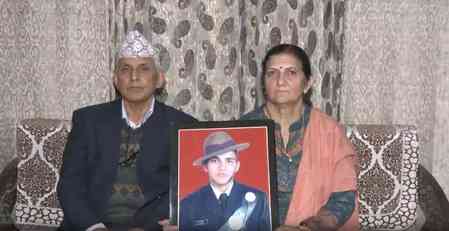Humans Must Provide Drinking Water for Birds and Animals Amid Rising Temperatures and Scorching Heat
As environmental scientists warn of intense heat waves this summer, it's crucial that we all act responsibly and compassionately—especially towards birds and animals who suffer silently in the rising mercury. The increasing temperatures are primarily caused by rampant deforestation, the rapid spread of air conditioners, and vehicular emissions. Simultaneously, small water bodies are disappearing, although the Punjab Water Resources Department has committed to making canal water accessible even at the tail ends of minor canal networks for farmers.

As environmental scientists warn of intense heat waves this summer, it's crucial that we all act responsibly and compassionately—especially towards birds and animals who suffer silently in the rising mercury. The increasing temperatures are primarily caused by rampant deforestation, the rapid spread of air conditioners, and vehicular emissions. Simultaneously, small water bodies are disappearing, although the Punjab Water Resources Department has committed to making canal water accessible even at the tail ends of minor canal networks for farmers.
With the rising heat, water becomes a lifeline not only for humans but also for birds, animals, and other species. It is our collective duty to install earthen water pots on rooftops and open areas to ensure drinking water is available for birds. These pots should be cleaned and refilled with fresh water daily. We should also place small quantities of food such as grains for crows, pigeons, and other birds. Similarly, the public should take the initiative to arrange drinking water points for stray animals at places with public taps or in commonly accessible areas in towns and cities.
In the past, ponds in villages and cities served as essential water sources for animals and birds. Unfortunately, many of these ponds have vanished, and minor canals no longer run throughout the year. Canal water is now available primarily during irrigation seasons. If water were allowed to flow regularly through these canals, it would help recharge the groundwater table naturally. Moreover, planting saplings along both major and minor canals can help restore ecological balance and reduce pollution. These saplings will grow into trees that offer shade, support biodiversity, and help reduce ambient temperatures.
Humans, too, are affected by this heat. At public places, water-filled plastic bottles and cold drinks are commonly available, but they often come at a cost and generate plastic waste. The Union and State Governments should ensure the availability of 24/7 RO-filtered drinking water at public places such as railway stations, bus stands, and markets. Providing safe and hygienic water through water coolers would offer much-needed relief to the public during extreme summer heat.
Efforts to keep our rivers clean must also involve public participation. People should avoid throwing garbage or plastic waste into rivers. Despite strict government measures and awareness campaigns, industrial waste and chemical effluents still find their way into rivers, posing a severe threat to public health by contaminating water sources and spreading diseases.
Recognizing this, both Union and State Governments have started installing RO filtration systems in villages and remote areas to provide access to safe drinking water. Prime Minister Narendra Modi’s initiative, "Ek Ped Maa Ke Naam," urges every citizen to plant at least one sapling in their mother’s name. This visionary campaign aims to enhance green cover, maintain ecological balance, and ensure a cleaner, healthier environment. Trees not only provide shelter to birds and animals but also offer much-needed shade during extreme heat, benefiting humans as well.
Let us all pledge to be mindful and take simple yet impactful steps to support our ecosystem—because compassion and action today can create a better, safer tomorrow for every living being.
Authored by:
Rajat Kumar Mohindru
Journalist, Jalandhar


 Rajat Kumar
Rajat Kumar 









